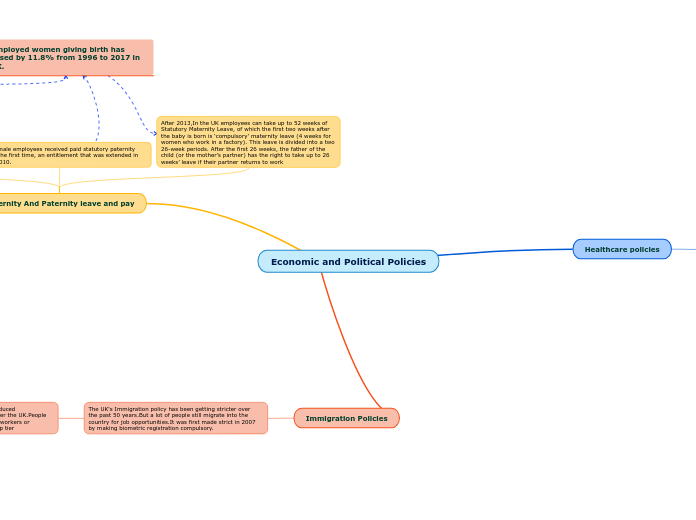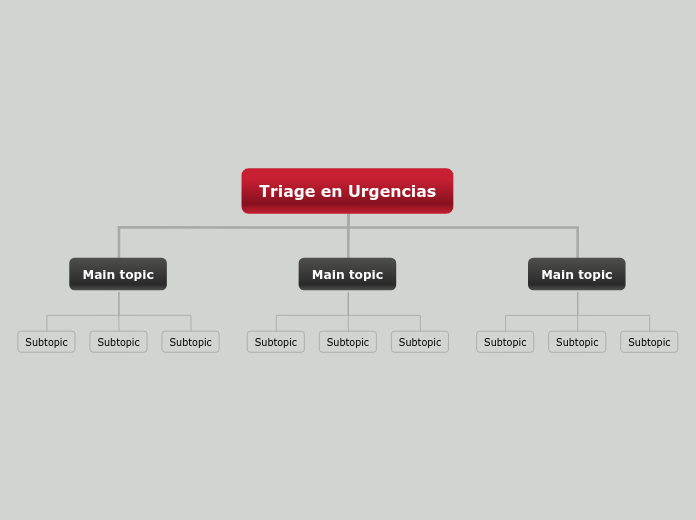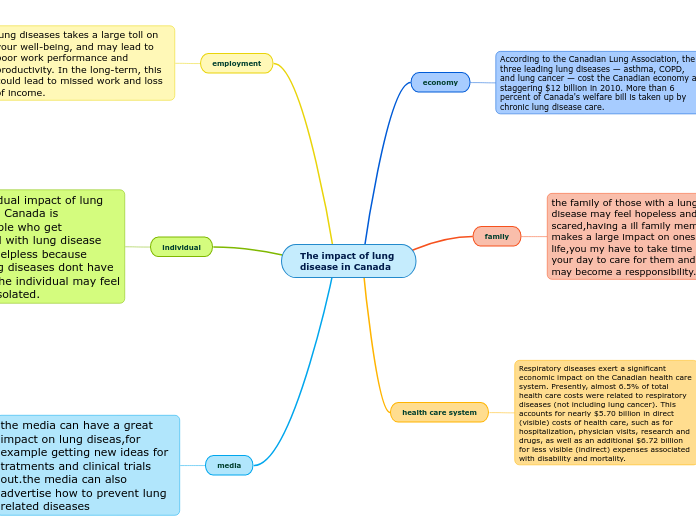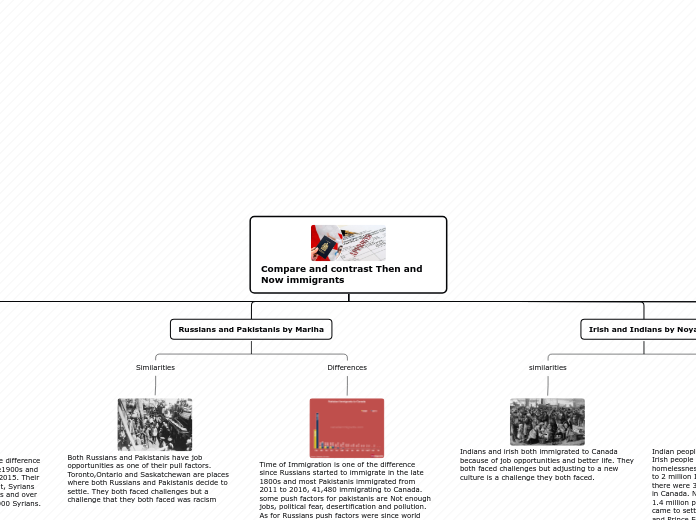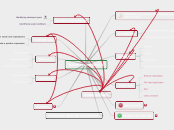Infant mortality rate(per thousand births)has decreased from 17 in 1975 to 4 in 2020.
Life expectancy in UK has increased from 72.21 years in 1975 to 81.15 in 2020.
677,000 people migrate into the
UK every year.(as of 2016)
14% of the people living in UK are
not born there,which accounts to
million people.(as of 2018)
No. employed women giving birth has increased by 11.8% from 1996 to 2017 in the UK.
Economic and Political Policies
Immigration Policies
The UK's Immigration policy has been getting stricter over
the past 50 years.But a lot of people still migrate into the country for job opportunities.It was first made strict in 2007 by making biometric registration compulsory.
Later in 2008 Point based system was introduced
which increased the skill set required to enter the UK.People entering were expected to be highly skilled workers or sponsored skill workers to make it to the top tier
In 2009 UK Government made it such
that at least 8 years of residence in the UK
was required to apply for citizenship.
Maternity And Paternity leave and pay
After 2013,In the UK employees can take up to 52 weeks of Statutory Maternity Leave, of which the first two weeks after the baby is born is ‘compulsory’ maternity leave (4 weeks for women who work in a factory). This leave is divided into a two 26-week periods. After the first 26 weeks, the father of the child (or the mother’s partner) has the right to take up to 26 weeks’ leave if their partner returns to work
In 2003, male employees received paid statutory paternity leave for the first time, an entitlement that was extended in January 2010.
The UK introduced its first maternity leave legislation through the Employment Protection Act 1975, which was extended through further legislation, such as The Employment Act 1980. However, for the first 15 years, only about half of working women were eligible for it because of long qualifying periods of employment. In 1993, coverage was extended to all working women, in order to bring Britain into compliance with a European Commission directive on this issue
Healthcare policies
Ever since 1948 healthcare has been free in the UK and
the country has been spending a lot on improving healthcare and making it available for all parts of the community.The country has also opened a lot of hospitals over the year and lot is spent on improving new medical techniques and on bio medical engineering and bio technology.
